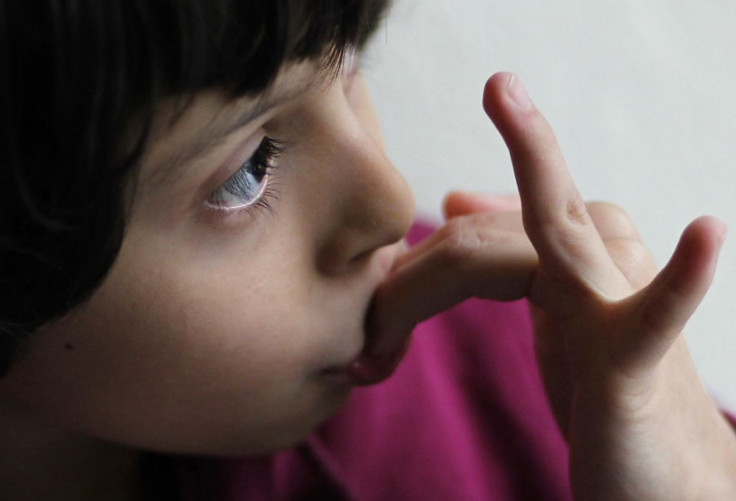Research Suggests That Children With ADHD Should Fidget To Improve School Performance

A new study found that fidgeting is an important factor in the cognitive functioning of children with Attention-Deficit Hyperactivity Disorder (ADHD). Furthermore, longtime interventions that are still currently being implemented for these kids may be misguided.
Children with ADHD are often seen running around and having difficulties sitting still. This is the reason why the parents and carers of these children would always reprimand them and plead so that they sit and keep focus. However, a new research from the University of Central Florida (UCF) suggests that squirming is actually essential in their learning process. According to the study published online in the Journal of Abnormal Child Psychology, wriggling movements, such as finger-tapping, leg-swinging and chair-scooting are said to enhance memory and thought processes of children with ADHD.
Study co-author Mark Rapport, head of the Children's Learning Clinic at the University of Central Florida said that the classic interventions for children with ADHD involve activities that focus on reducing hyperactivity, but that is the exact opposite of what must be done for a significant number of children with ADHD. "The message isn't 'Let them run around the room,' but you need to be able to facilitate their movement so they can maintain the level of alertness necessary for cognitive activities."
The study was conducted by gathering 52 boys aged 8-12 years old, 29 of which had been diagnosed with ADHD. The rest of the kids were not diagnosed with any clinical disorders. The researchers then gave them standardised tests to measure their “working memory”. Working memory refers to the process of storing and managing information temporarily in order to perform cognitive tasks at hand. The tests include asking the children to write down a series of jumbled numbers and a letter in correct order, after flashing the characters on the computer screen. During the entire activity, a high-speed camera is in place, capturing each and every single movement of the kids.
Previous studies of Rapport show that children with ADHD exhibit excessive movement most of the time. However, in this study, those movements are proven to be present only in times when the children are using their brain’s executive function, such as learning reasoning and comprehension.
The findings of the study post a great impact on how parents and teachers should deal with children with ADHD. In situations such as standardised testings, the research suggests that kids are able to perform more efficiently whilst doing some kind of activity. It is then suggested that majority of kids can benefit from a classroom setup with activity balls and exercise balls, among many others.
"What we've found is that when they're moving the most, the majority of them perform better," Rapport said. "They have to move to maintain alertness." With this study, the fidgety movements of these kids are proven to have a vital purpose. Interestingly, children with normal development also showed movement activities whilst taking the test; however, the results of their tests were unsatisfactory and their performance, worse.
To contact the writer, email rinadoctor00@gmail.com





















